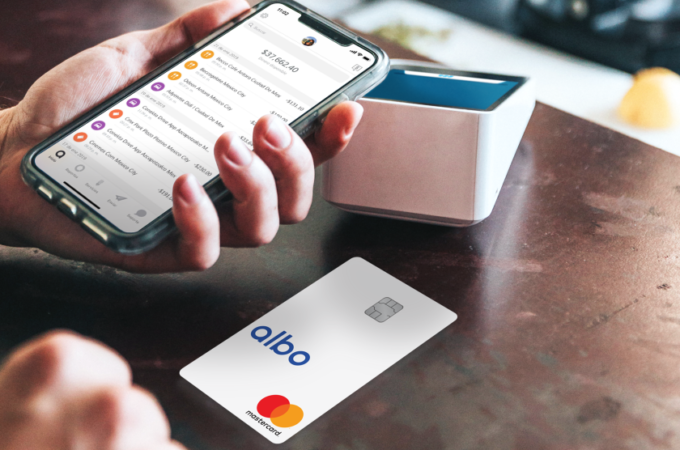
The Best FinTech Startups to Support Your Startup
By Artem Tymoshenko for LTP
Every time money moves, someone gets paid. Which is why investors are pouring money into the hands of FinTech startups that promise a piece of the $4.7-trillion pie.
Leading banks and investment firms are well aware of what is at risk – and what is to gain – from removing the friction of moving money around. Whether it is a simplified check-out experience, quick-turnaround loan applications or streamlined investment opportunities, the race to improve customer experience is on.
FinTech startups alone have attracted $18.9 billion worldwide in the first nine months of 2016 alone – up nearly 9% from last year.
Investment tends to pour into three major categories of startups: those that focus on direct consumer lending, those that simplify payments and those that facilitate business lending.
One reason for the increase in startups is this revolution itself. There are now dozens of successful startups that specifically target their products to help other startups.
Here are a bunch of FinTech startups that drew attention of the market players:
If you are looking to get your startup off the ground, you might consider a loan from Funding Circle (London). This six-year-old, small-business lender automates a great deal of the application process, simplifying the process. While it does use innovative techniques to determine suitability, it still uses humans to approve applications. The good news is that they working internationally and about 25% of all new loans are made to US borrowers, at rates as low as 5.5%.
If your startup requires online payments, Affirm (San Francisco) provides instant, point-of-sale loans for anything you sell online for interest rates comparable to credit cards. You can even subsidize the loan to encourage instant purchases. They even started helping people build their credit histories by reporting their loan-repayment histories to credit bureaus.
If crowdfunding is more your style, consider CircleUp (San Francisco, Crowdfunding). While they are far from the first to enter the crowdfunding scene, they recently launched a new tool called “Classifier” to help investors evaluate each company using up to 90,000 data points. They have already helped over 200 companies raise $280 million and are eager to help turn your dream into your business.
If you have enough to get off the ground but find yourself in a temporary cash flow problem, Fundbox (San Francisco) may be able to save your bacon. Fundbox offers small businesses 90-day-term loans simply by linking to their Quickbooks or Freshbooks accounts. They provide advances of up to $100,000 at rates much better than you would find with a credit card company. They have already given advances to over 50,000 businesses.
If you are moving past the initial stages, building your company infrastructure and support staff can be an arduous task.Gusto (San Francisco) is a cloud-based software solution that helps smaller businesses administer their payroll and payroll taxes, along with health insurance plans and 401(k) contributions. With a valuation over $1.1 billion and backing from Google Capital, they are not likely to drop off the radar anytime soon.
If you are working with international currencies, it can be a nightmare to settle all the payments across currencies.Ripple (San Francisco) has established a global financial-settlements network that lets you complete cross-border payments instantly. It uses their own in-house digital currency platform to convert all transactions.
If you are planning a startup that requires access to your client’s bank account information, such as for fraud detecting or account aggregating software, you don’t need to reinvent the wheel. Plaid (San Francisco) provides third parties with access to bank accounts. This allows a simple platform to transfer funds, track spending and identify suspicious activity with almost any bank without having to build a custom interface for each institution. With backing from Goldman Sachs, Google Ventures, NEA and Spark Capital, this startup packs all the technology and sexiness possible into a single package.
With so many startups supporting other startups, it is easy to see why they seem to be exploding exponentially recently. And the time is coming soon when we won’t look at these startups as disruptive or alternative to the norm. The steady drum beat of change itself has become the hallmark of this new generation. Whether it’s new financial investment tool or just a way to reduce friction while lending money, flux is becoming the industry norm.
First appeared at LTP





